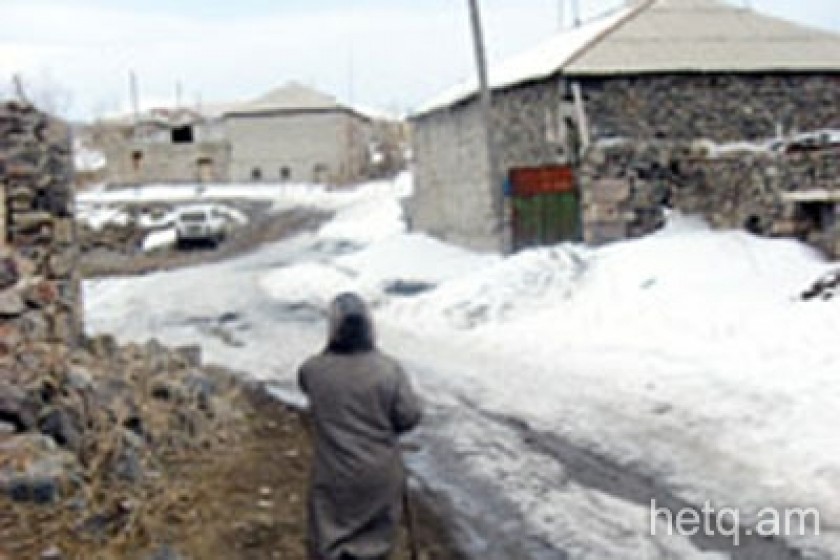
Norabak Finally Elects a Village Head
After three months of a leadership void, the Norabak community in the Gegharkunik Marz has finally elected a head of the village administration, with Vazgen Asaturyan assuming the responsibility of the post.
Hetq has covered the elections in Norabak in detail and has closely observed the events that followed.
The problem was that Vazgen Asaturyan, who was declared the victor through a verdict (dated 14.03.2007) of the Gegharkunik Court of First Instance, was stubbornly refused recognition by the provincial authorities, who did not introduce him to the community and did not organize a handing-over ceremony. This obstinacy lasted around three months, whereas, according to the law, the winner must take on his post within five days after the elections (or, in this case, the court verdict).
The Republic of Armenia has all the necessary mechanisms to ensure good governance, and this system includes a large number of officials who are responsible for territorial administration or local self-governance.
There is a separate Ministry for Territorial Administration. The minister, who is also considered the deputy prime minister, has three deputies of his own, a chief of staff and a deputy chief, four advisors and four heads of department. That does not include the multitude of sections and sub-sections with all their heads and staff. Of the fourteen high-ranking officials, it is impossible that not even one was aware of the publicity surrounding the elections in Norabak, which were not only on the main page of the Hetq website, but were also printed in the 168 Zham newspaper. However, there was not a single attempt by them to tackle the situation or react to it.
The governor of Gegharkunik has two deputies, a chief of staff and deputy chief. Of the five local officials, at least one must have been aware of the situation in Norabak. But not only did they not take the initiative to act, they also ignored the questions posed to them by non-government organizations in the area. For example, the Gegharkunik branch of the A. D. Sakharov Human Rights Protection Foundation wrote a letter in March about the delayed presentation of the elected village head in Norabak. According to the law, if the issue does not require lengthy investigation, then the provincial administration must reply within five days. In this case, the only investigation needed was to read the verdict of the Gegharkunik Court of First Instance and the letter written by the local electoral committee. The letter was replied to only two and half months later, in June.
They say that the opponent of the elected village head has very influential friends in the Ministry of Territorial Administration, who were trying very hard to declare the results of the March 4 elections void. This has not been confirmed, so there is no point in making any inferences from this point. But Armenia has no dearth of cases in which officials have acted as individuals to prevent the implementation of the law. The law and the mechanisms in place to implement it are not protected from the caprice of some officials, and this is a serious issue of concern for the health of any country.
If it was possible to infringe upon the law for a period of three months despite the existence of journalists and NGOs, one can only imagine what would have happened if the residents of Norabak and their newly-elected mayor had been left to defend their rights on their own.
In any case, the people of Norabak deserve congratulations for conducting elections that were truly free and fair as well as for sticking to their vote up to the very end. One must hope that one village can serve as an example for the whole country.
 Videos
Videos Photos
Photos
Write a comment